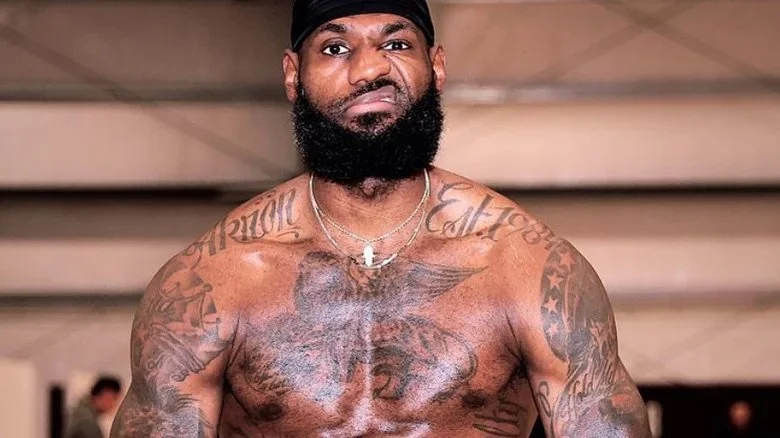The Tattoo Ownership Debate: Artists vs. Clients
In the ever-evolving world of intellectual property rights, a new battleground has emerged - the realm of tattoos. Recent legal battles, such as the case of tattoo artist Jimmy Hayden against Take-Two Interactive's 2K Games, have thrust the question into the spotlight: who truly owns the rights to a tattoo, the artist or the client?
The Case of LeBron James' Tattoos
In a recent verdict, an Ohio federal jury sided with Take-Two Interactive, ruling that their depiction of LeBron James' tattoos in their 'NBA 2K' video game series did not infringe upon the rights of tattoo artist Jimmy Hayden. The jury determined that Take-Two had an implied license to depict the tattoos as part of their agreement to use James' likeness in the games.
Hayden, who inked several tattoos on James, including one of his mother Gloria's name next to a lion with a crown and one of five stars on James' shoulder, argued that Take-Two's use of these tattoos in their games infringed upon his copyrights. However, the jury's decision highlights the complexity of ownership in the realm of tattoos.
Artist vs. Client: Who Owns the Rights?
This case raises an important question that has yet to be definitively answered: should artists or clients own the rights to their tattoos?
On one hand, artists invest time, skill, and creativity into their designs, making each tattoo a unique piece of artwork. From conception to execution, the artist's vision and expertise are integral to the final product. As such, some argue that artists should retain the rights to their work, allowing them to control how it is used and reproduced.
On the other hand, clients commission tattoos to adorn their bodies, often with deeply personal meaning. Once the tattoo is inked, it becomes a part of the client's identity, representing their beliefs, memories, and experiences. In this sense, clients may feel that they should have the ultimate say in how their tattoos are depicted and utilized.
Finding a Balance
The debate over tattoo ownership is complex and multifaceted, with valid arguments on both sides. While legal precedents like the Hayden v. 2K Games case provide some clarity, the issue remains far from settled.
Ultimately, finding a balance between artist and client rights is essential. Collaboration, communication, and mutual respect are key to ensuring that both parties feel valued and respected throughout the tattooing process. Clear contracts outlining ownership rights and usage permissions can also help mitigate potential disputes.
As the tattoo industry continues to evolve, it's crucial for artists, clients, and legal experts alike to engage in open dialogue and exploration of this important issue. Only then can we hope to find a resolution that honors the contributions of both artists and clients while protecting their rights in an ever-changing landscape.

